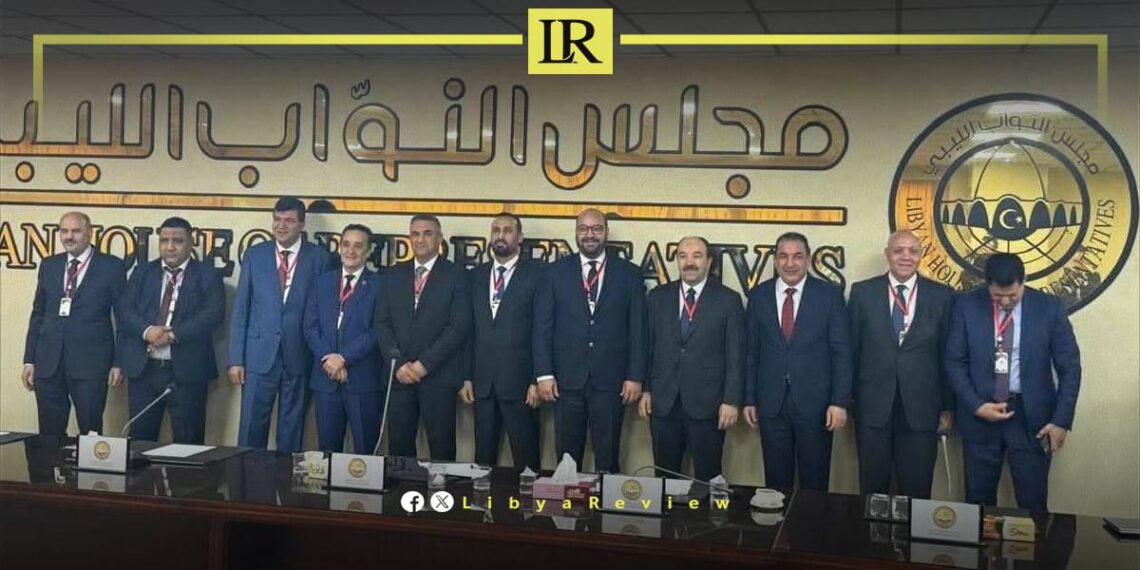On Tuesday, Libya’s House of Representatives listened to the policy presentations of seven candidates vying to become the country’s next prime minister. The session is part of an ongoing effort to replace the government of Abdelhamid Dbaiba, which parliament repeatedly claims has lost legitimacy.
Candidate Ali Sassi pledged to reintegrate excluded national talent and involve both young men and women in state building. His programme, under the slogan “Safe Transition Towards Sustainable Stability,” centres on restructuring state institutions, fair oil revenue distribution, and boosting the Libyan dinar. He also stressed the removal of foreign forces and mercenaries.
Mohamed Al-Muntaser proposed a broad national dialogue grounded in transitional justice and reconciliation. He said trust between citizens and state institutions must be restored, warning that without trust, the state would remain weak. He also promised to hand over power peacefully once the government’s mandate ends.
Mohamed Elmezughi focused on practical governance under a limited budget. He vowed to implement a clear roadmap leading to elections, promising efficient service delivery and national alignment.
Othman Al-Basir said his government would prioritise reform over construction, aiming to heal institutional conflict. He declared holding elections a matter of national security, calling for political consensus and cooperation.
Abdelhakim Bayo proposed a technocratic “election government” with no development commitments. He aims to divide the budget fairly among regions while fighting corruption and unifying state institutions.
Fadel Lamen focused on political, security, and constitutional reform. He aims to unify military and security institutions and dissolve rogue armed groups.
Abdulkarim Magig’s seven-point programme emphasises democracy, security, justice, reconciliation, social welfare, financial reform, and Libya’s global presence.


